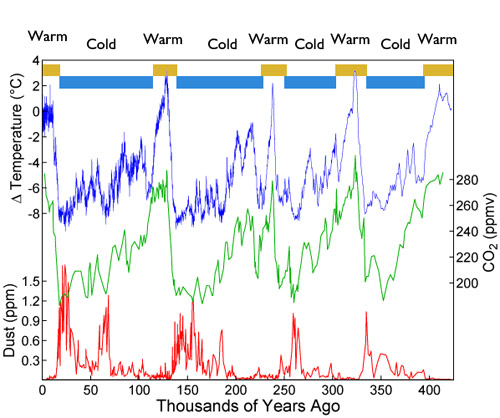Systems vs People
Belief systems have no theories, no hypotheses, no fact-checking, no experiments, and no system to test the accuracy of the beliefs contained in the belief system. Science on the other hand has no beliefs, no absolute truths, and no faith. A person can have moral values, understand the concept of fairness, natural justice, and empathy, all independent of either science or a belief system. In fact, for most people, theories, hypotheses, facts, experiments, testing accuracy, beliefs, absolute truths, faith, moral values, fairness, natural justice, and empathy are all mixed up together. Add to that our many other physical abilities, experiences, learned information, and cultural attitudes or behaviour patterns and that is the incredible porridge of what makes us who we are and shapes what we believe and think to be true.
Continue reading

